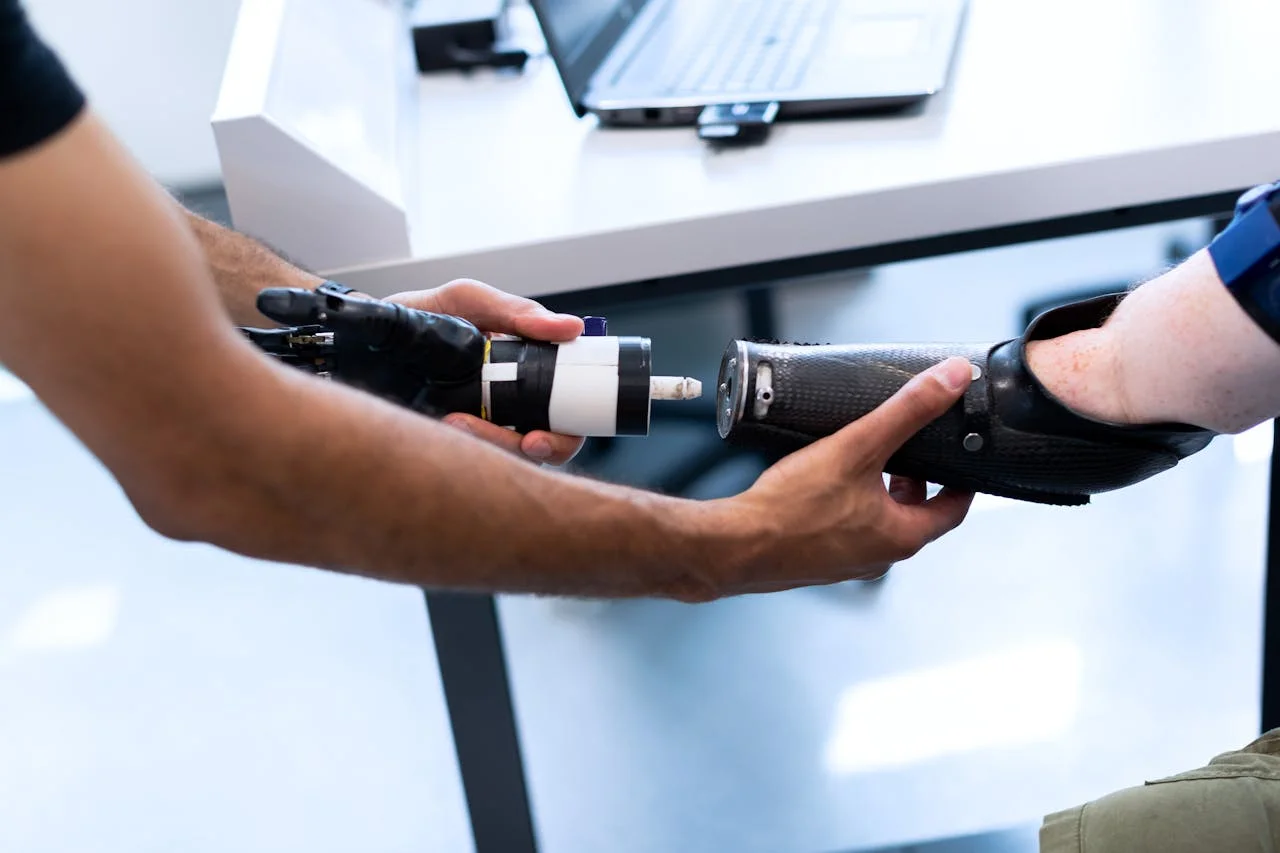Robotics has emerged as a transformative force in the 21st century, revolutionizing various industries and significantly impacting everyday life. The field, characterized by the design, construction, and use of robots, has advanced rapidly, driven by developments in artificial intelligence (AI), machine learning, and materials science. These advancements are not only reshaping industrial processes but also enhancing personal convenience and safety.
The Evolution of Robotics
The journey of robotics began with simple mechanical devices and has evolved into highly sophisticated systems. Early robots were limited to repetitive tasks in controlled environments. The introduction of Unimate, the first industrial robot, in the 1960s marked a turning point, demonstrating the potential of robots to perform complex tasks such as welding and assembly with high precision and efficiency.
Since then, robotics technology has progressed significantly. Modern robots are equipped with advanced sensors, AI, and machine learning algorithms, enabling them to perform a wide range of tasks from autonomous navigation to complex data analysis. This evolution has expanded the applications of robotics into diverse fields including healthcare, agriculture, and consumer products.
Applications of Robotics
- Healthcare: Robotics has made profound contributions to the medical field. Surgical robots, such as the da Vinci Surgical System, allow for minimally invasive surgeries with enhanced precision, leading to quicker recovery times and fewer complications. In addition, robots like the RIBA (Robot for Interactive Body Assistance) assist with patient care, mobility, and rehabilitation, improving the quality of life for individuals with mobility challenges.
- Manufacturing: In industrial settings, robots have become integral to automation. They perform tasks such as assembly, welding, and painting with speed and accuracy. Collaborative robots, or cobots, are designed to work alongside human operators, enhancing productivity while ensuring safety. These robots can adapt to various tasks, making them versatile tools in modern manufacturing.
- Agriculture: Robotics is transforming agriculture through automation. Autonomous tractors and drones equipped with sensors optimize planting, watering, and harvesting processes. These technologies increase efficiency, reduce labor costs, and enable precision farming, which enhances crop yields and sustainability.
- Consumer Products: In everyday life, robots have become more common. Household robots like the Roomba vacuum cleaner automate routine tasks, offering convenience and freeing up time for users. Additionally, robotic assistants and smart home devices provide personalized services and enhance home security.
Future Trends in Robotics
The future of robotics is poised for exciting developments. One notable trend is the rise of soft robotics. Unlike traditional rigid robots, soft robots are made from flexible materials and can mimic the adaptability of biological organisms. This technology holds promise for applications in delicate tasks such as handling fragile objects or exploring challenging environments.
Another area of advancement is the integration of robotics with AI and machine learning. AI-powered robots can learn from their experiences and adapt to new situations, improving their functionality and interaction with humans. This capability enhances the potential for robots to perform complex and dynamic tasks in various settings.
Challenges and Considerations
Despite its potential, robotics faces several challenges. Ensuring safety and reliability is crucial, particularly when robots are deployed in environments with human interaction. Additionally, the rise of automation brings ethical considerations, such as the impact on employment and privacy. Addressing these issues is essential to fully harness the benefits of robotics while mitigating potential drawbacks.
Conclusion
Robotics is a dynamic field that is reshaping industries and enhancing daily life. From healthcare and manufacturing to agriculture and consumer products, robots are making significant contributions by increasing efficiency, precision, and convenience. As technology continues to advance, the future of robotics promises even more innovative applications, underscoring its transformative impact on society. Balancing technological advancements with ethical considerations will be key to ensuring that robotics continues to enrich lives and drive progress.





















